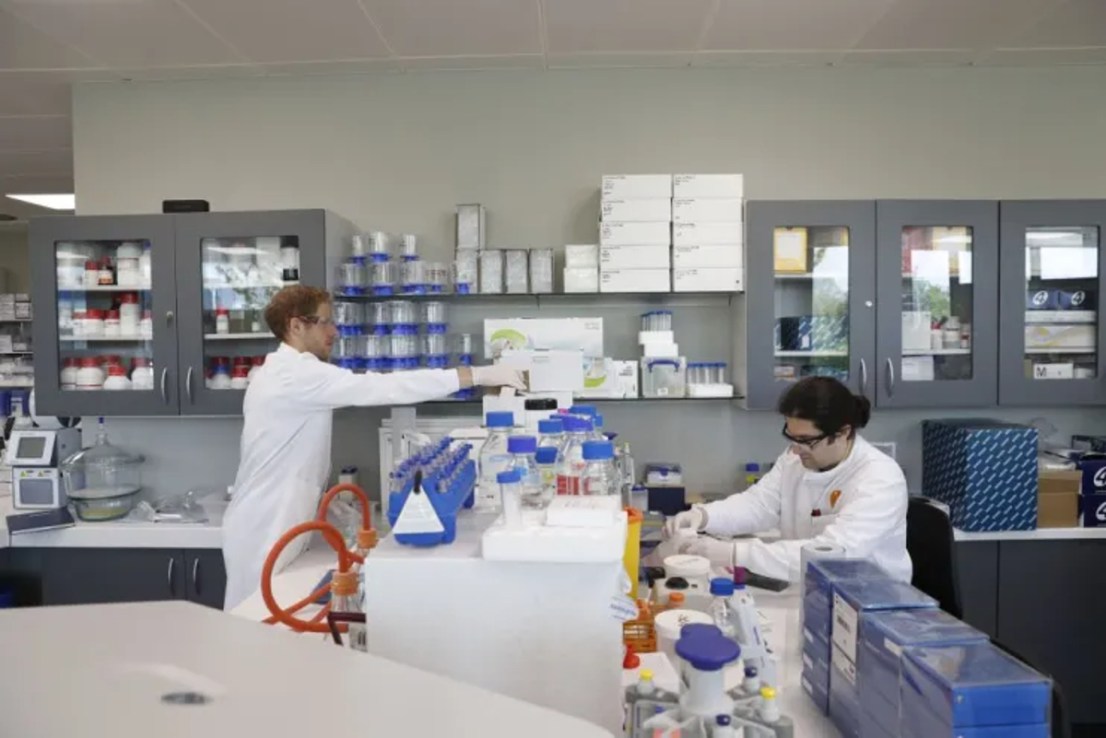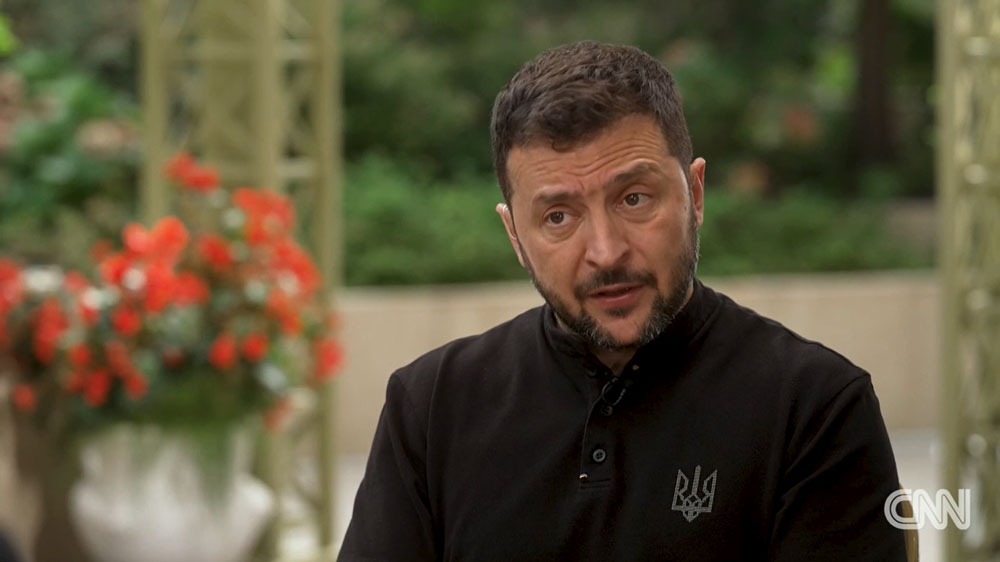Eli Lilly: UK must improve its offering as a ‘small market’ after Brexit
The UK has become a “relatively small market” since leaving the European Union and must develop a different investment proposition from its counterparts in order to be interesting to multinational corporations, the boss of one of the world’s largest pharmaceuticals firms has said. Speaking shortly after his firm announced it “anticipates making £279m investment over [...]


The UK has become a “relatively small market” since leaving the European Union and must develop a different investment proposition from its counterparts in order to be interesting to multinational corporations, the boss of one of the world’s largest pharmaceuticals firms has said.
Speaking shortly after his firm announced it “anticipates making £279m investment over three years” in the UK life sciences sector, Eli Lilly chief executive David Ricks warned that due to the UK’s independent trading position, it must prioritise “flexibility, agility and business responsiveness” if it is to continue attracting sufficient investment.
“I think we find that [regulation holds back] almost every developed economy,” Ricks told the Today programme. “But I think the difference with the UK is, on your own, separate from Europe, it’s a relatively small market for most multinationals – and certainly Americans. So something needs to be quite different to make it interesting.”
Ricks, whose firm is at the vanguard of the fledgling anti-obesity medication market, made his comments shortly before he was due to speak at the government’s flagship International Investment Summit, taking place on Monday.
Eli Lilly’s share price has risen 173 per cent in the past two years on expectations there will be widespread adoption of its injectable prescription drug Zepbound to help treat obesity.
But despite NHS England’s adoption of the drug, Lilly’s investment in the UK is dwarfed by its recently announced $1.8bn (£1.4bn) manufacturing expansion in Ireland.
Asked what was preventing Lilly from funnelling more capital into the UK, and whether “the NHS is pretty tightfisted with pharmaceutical companies”, thus stifling investment despite the efforts of central government, Ricks said: “I think that’s been the history here. And frankly, if you look at the last 15 years here, life sciences investment has dropped by about half. So the system that we have been pursuing in this country has yielded less investment.
“To change that, I think… having the NHS really pivot towards a technology first approach – both digital technology… but also biotechnology. In order to have more prevention, people treated in home, get in front of disease versus treat it after it’s occurred, those are concepts that are very attractive to the industry.”
Lilly’s £279m investment announced on Monday, which will go towards a new initiative called the ‘Lilly Gateway Labs’, will fund a new facility to support early-stage life sciences businesses to develop transformative medicines by providing lab space… and potential backing,” the firm said in a statement.
Responding to the announcement, health secretary Wes Streeting said: “For all the challenges facing the health of our nation, we have two huge advantages: some of the world’s leading scientific minds, and a National Health Service with enormous potential.
“If we can combine the two, patients in this country can reap the rewards of the revolution in medical science unfolding before our eyes.”



